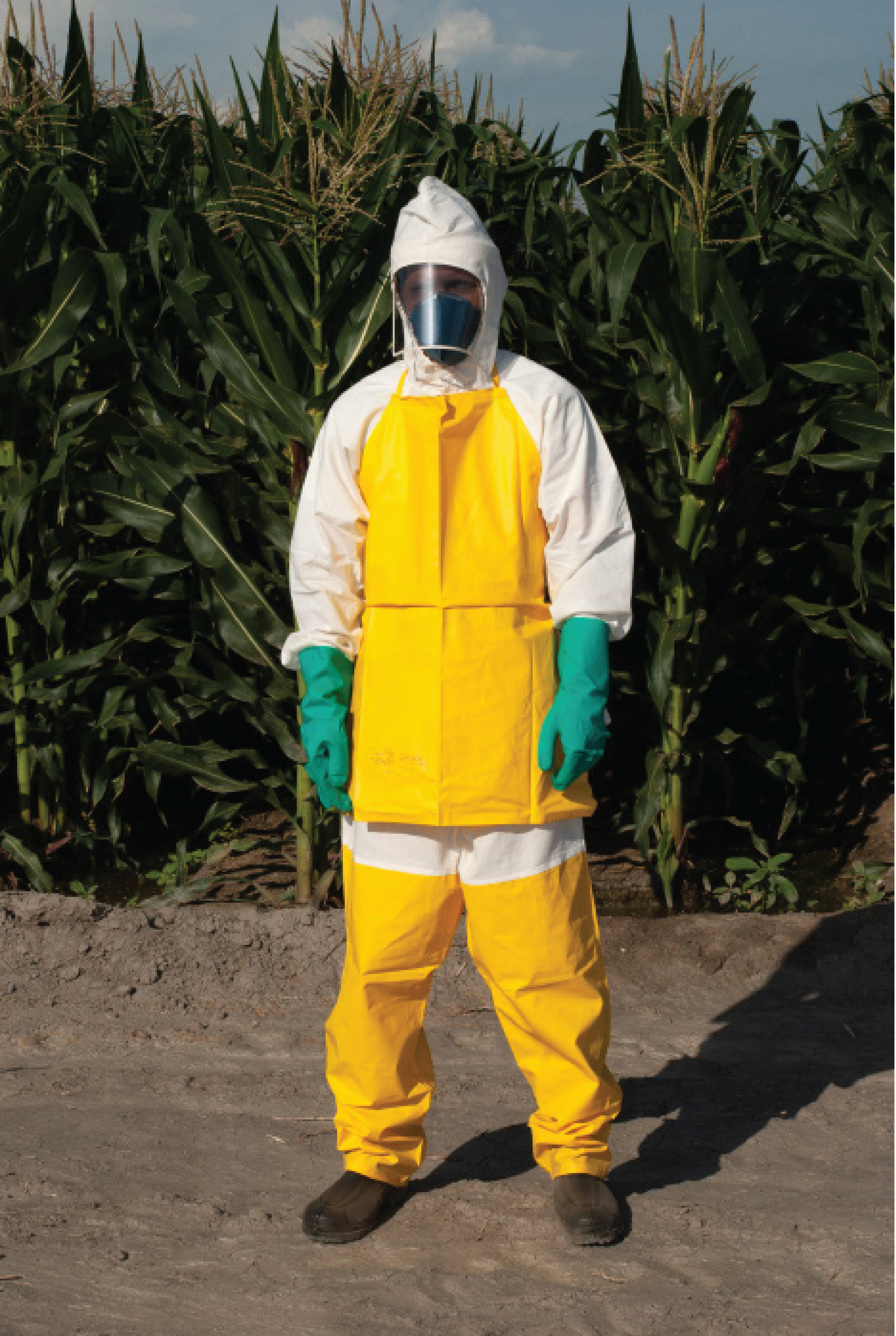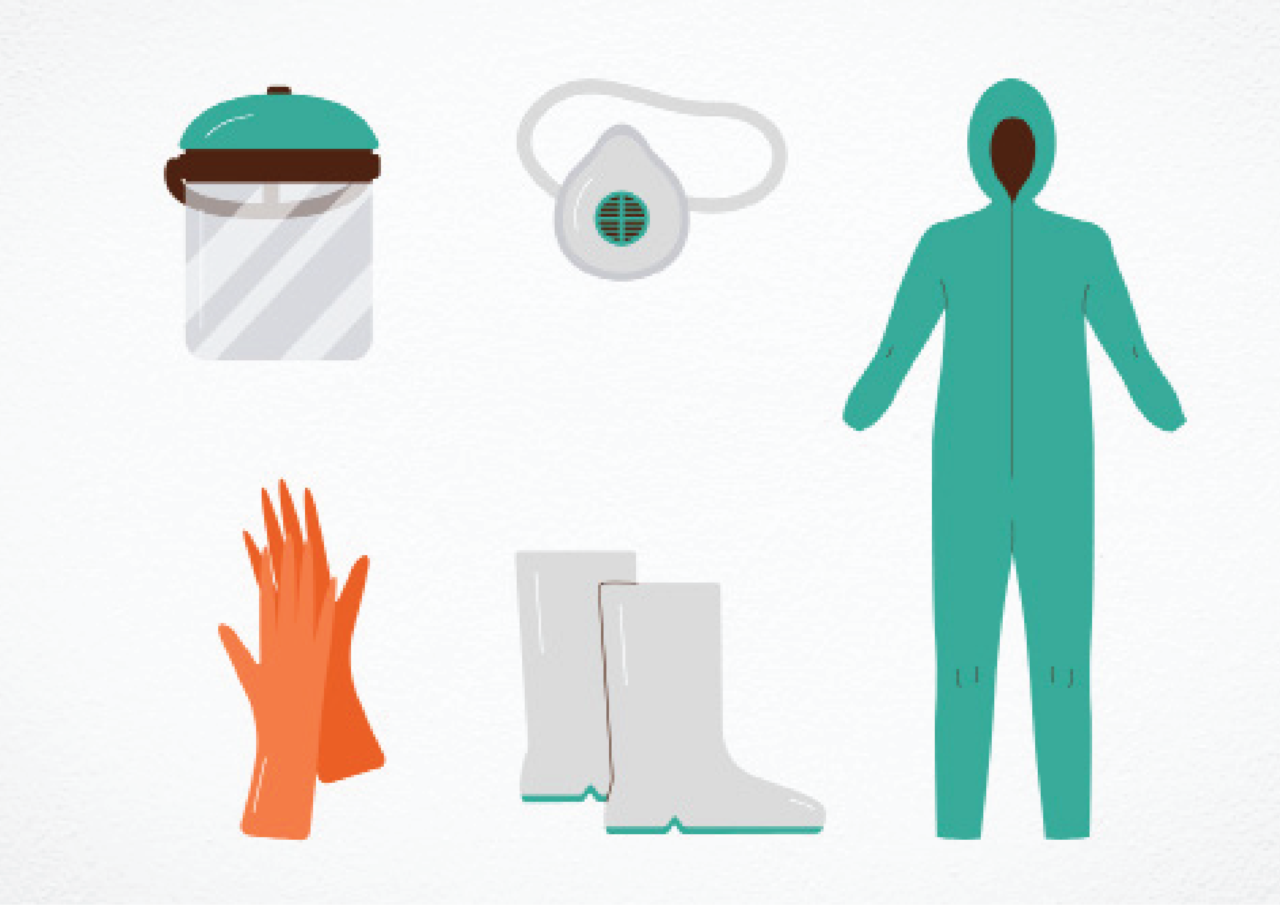Using PPEs to shield farmers from harm
Farming is a risky business that involves many hazards. The use of agrochemicals such as pesticides, herbicides, and fertilisers exposes them to harmful toxic substances.
Whether on small or large-scale farms, workers should use protective gear such as personal protective equipment (PPE), when applying agrochemicals to avoid the grave risks.
When applying agrochemicals, it is essential to have PPEs for safety. By following the correct use and handling procedures, farmers can protect themselves from the harmful effects of agrochemicals and reduce the risk of long-term health problems.
PPEs protect against chemicals that can harm the skin, eyes, lungs, and other organs. The most common PPEs used in agriculture are face masks, overalls, boots, and gloves.
Proper use is crucial for their effectiveness. Lack of PPEs or improper use can increase the chances of cancer infection.
Correct use is also vital for safety and farmers should choose those that are appropriate for the chemicals they are using, and the level of protection needed. Farmers should use gloves made of leather to protect their hands from toxic chemicals that can burn their skin. If not made of leather, they should be those that prevent penetration or corrosion by chemicals.

Farmers should read and keenly follow the instructions on the PPE labels and ensure that they wear them correctly. The overall should be buttoned or zipped up, trousers should cover the boots and not be tucked in. This enables the chemical to drain down in case of any spillage on the overall. Gloves should be worn over the sleeves.
Eating, drinking, or smoking while using agrochemicals is strictly forbidden. Chemicals can easily contaminate food or drinks and cause poisoning, while smoking can ignite the chemicals or enhance the amount of toxic material inhaled.
The persons using PPEs must be comfortable and able to move freely to avoid accidents or fatigue.
It is also important for farmers to read the instructions on the agrochemical labels, as different chemicals have varying degrees of toxicity and require different levels of protection.
They should also ensure that the PPE is in good condition before use and replace it if it is damaged or worn-out.
Farmers should also take necessary measures to avoid exposure to agrochemicals, such as using protective barriers to prevent drift and runoff and limiting their use to recommended amounts and times.
However, PPEs are not a substitute for safe working practices. Farmers should always be cautious when handling agrochemicals and use them only as directed.
In case you experience any adverse health effects after using agrochemicals, such as skin rashes, headaches, dizziness, or difficulty in breathing, seek medical attention immediately. Early diagnosis and treatment can prevent serious health problems.



